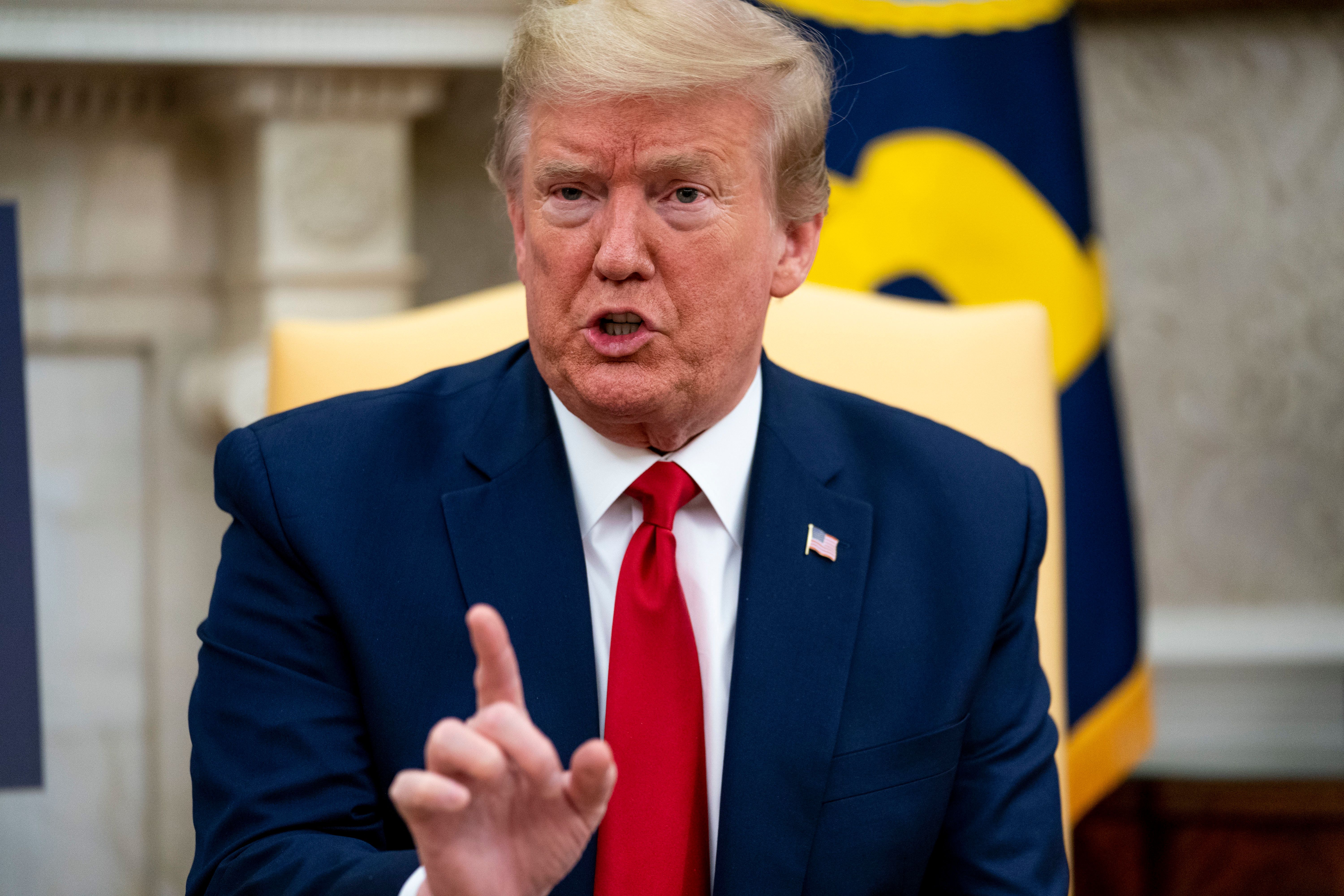May 11, 2020
It's now been two years since Donald Trump announced US withdrawal from what he called the "horrible one-sided" Iran nuclear deal.
The pact, brokered in 2015 by the Obama administration along with Britain, France, Germany, Russia, China and the Iranians, aimed to limit Iran's ability to develop nuclear weapons and ballistic missiles, in exchange for the repeal of some US and international economic sanctions on the Islamic Republic.
Trump – along with many US conservatives and the Israeli government – argued that the deal was a dangerous failure because it didn't impose strict enough limits on Iran's nuclear program and because sanctions relief boosted Tehran's ability to make trouble in Syria, Iraq, Lebanon, and Yemen.
Though Washington walked, the other signatories (outside Iran) have continued to abide by the deal's terms – Europe, in particular, has done its best to offer Iran economic and financial incentives to keep Tehran from pulling out altogether.
So, has Washington's withdrawal achieved its purpose? Depends on what the move was really meant to accomplish. Let's go down the list.
Stopping Iran's nuclear weapons progress. With the US out, Iran has stopped adhering to the deal's guidelines on uranium enrichment. Over the past six months, Iran has (at least) tripled its stockpiles of enriched uranium, according to the UN. It has also conducted several new missile tests and recently launched a satellite, a move that the Pentagon sees as potential cover for testing long-range ballistic missiles.
Clipping Iran's wings in the Middle East by crippling its economy. US sanctions on Iran's oil exports and financial transactions have devastated Iran's economy – after soaring by 12.5 percent in the wake of the deal, the country's GDP has shrunk 13 percent since. And low oil prices aren't helping.
But over the past two years, Tehran has harassed oil tankers in the Strait of Hormuz, shot down a US drone, and increased its proxy attacks on US troops in the region. Don't forget the strike on Saudi Arabia's Abqaiq oil facility, carried out either by Iran itself or its proxies in Yemen. That attack briefly knocked 5 percent of the world's oil production offline last September. Tehran is still a dominant player in Iraq, even if that country's new prime minister wants to limit Iran's direct influence. In Syria, Bashar al-Assad remains Iran's Man in Damascus (or at least, a time-share with Russia). And Iran-backed Hezbollah still has formidable power in Lebanon, despite recent anti-government protests.
In sum, Iran is certainly operating with less money and more domestic economic pressures than before — but sanctions haven't blunted Iran's regional ambitions.
Scrapping an Obama achievement. President Trump made good on a campaign promise to blow up one of his predecessor's few tangible foreign-policy achievements. But hopes that intense new pressure on Iran would force its leaders to accept a tougher deal, one with Trump's name on it, have (so far) been dashed. Tehran will certainly be watching closely to see if Trump can win re-election in November.
Pressuring the regime politically. This is harder to judge. Over the past two years, Iran's streets have erupted with massive protests over economic issues, corruption, and the downing of a Ukrainian airliner. Each time, the US has encouraged the protesters, while Iranian authorities have cracked down and weathered the storm. For now, Iran's particularly bad coronavirus outbreak has limited protesters' willingness to hit the streets.
In some ways the US pressure campaign has emboldened Iran's hardline clerics and military leaders, who never wanted to compromise on Iran's nuclear program in the first place and are happy with a more isolated economy that they can better control and exploit. That makes any new deal less likely.
Still, it remains to be seen whether a regime struggling to balance economic collapse, a public health crisis, and a web of foreign entanglements can continue to hold up, and for how long.
More For You
Security in a fragmented world: Cyber deterrence, NATO reform & the future of trusted tech
Feb 14, 2026
- YouTube
In a new Global Stage livestream from the 2026 Munich Security Conference, New York Times White House and national security correspondent David Sanger moderates a conversation with Ian Bremmer (President & Founder, Eurasia Group and GZERO Media), Brad Smith (Vice Chair & President, Microsoft), Benedetta Berti (Secretary General, NATO Parliamentary Assembly), and Wolfgang Dierker (Global Head of Government Affairs, SAP) on how technology and defense are colliding in real time.
Most Popular
- YouTube
Ian Bremmer breaks down how Trump’s second term is reshaping American power — and what it means for the global order.
© 2025 GZERO Media. All Rights Reserved | A Eurasia Group media company.
